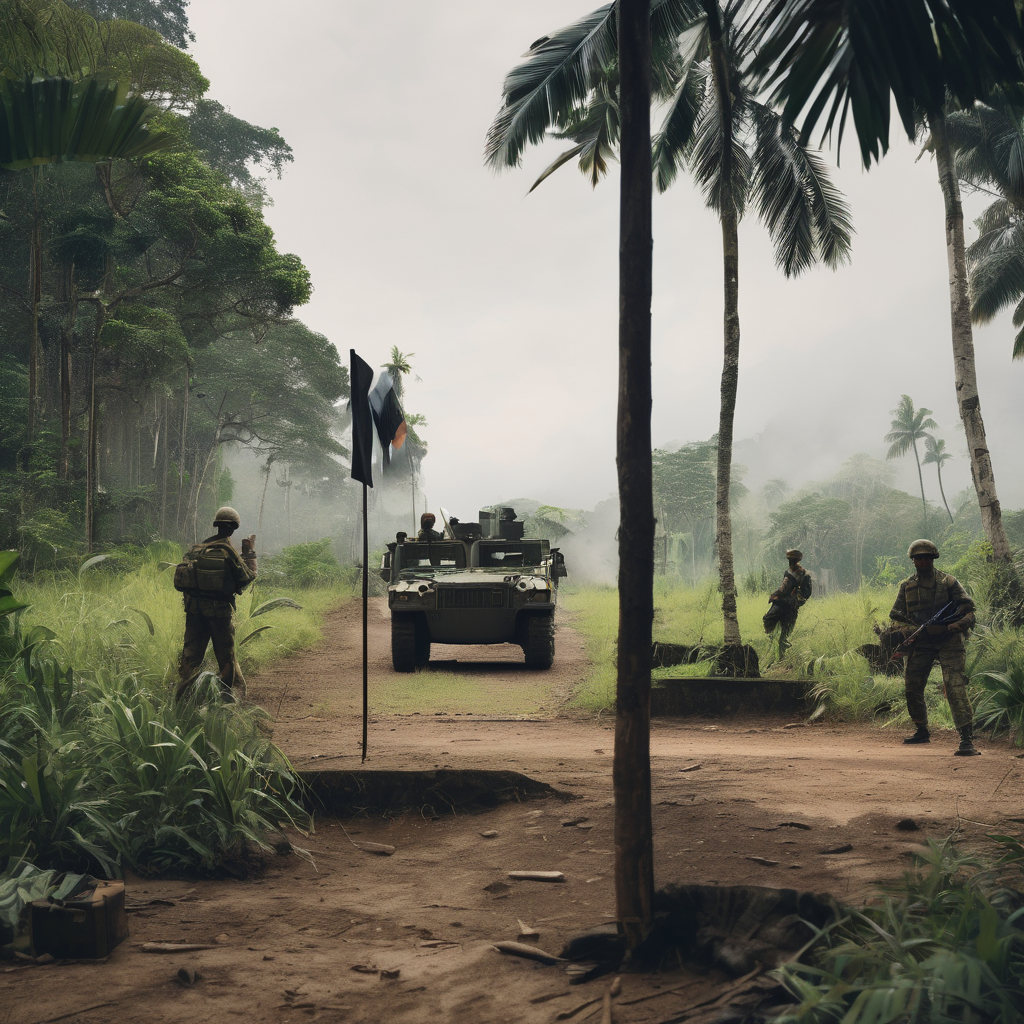The ongoing conflict in Colombia is increasingly linked to international dynamics, particularly concerning drug trafficking and its relationship with Venezuela. The Catatumbo region, located in Colombia’s Norte de Santander department along the Venezuelan border, has become a significant point of violence driven by numerous armed groups vying for control over the area’s valuable coca crops and oil resources.
The National Liberation Army (ELN), Colombia’s largest active guerrilla group, has fortified its position in this border region, significantly influencing local affairs. Reports indicate that these armed factions are engaged in severe territorial conflicts, resulting in the displacement of thousands of civilians. In particular, confrontations between the ELN and dissident factions of the Revolutionary Armed Forces of Colombia (FARC) have intensified tensions, leading to a humanitarian crisis in a region already struggling with poverty and neglect.
A recent report highlights how the ELN operates with little resistance from government forces, suggesting the group’s stronghold in the area. The display of ELN flags indicates their rejection of the peace initiatives put forth by President Gustavo Petro, who has sought a comprehensive peace strategy with criminal organizations. However, negotiations with the ELN have proven to be complicated, raising concerns that the peace process is on shaky ground.
ELN Commander Ricardo has shown a desire for a political solution, reiterating the group’s long-standing commitment to peace through dialogue. His remarks reflect a broader frustration with the stalled negotiations under President Petro’s administration, as ongoing violence continues to complicate prospects for peace.
The situation is further complicated by international tensions, particularly with the United States ramping up military operations to disrupt drug trafficking routes associated with Venezuela. The increased U.S. military presence in the Caribbean has sparked concerns in Venezuela, prompting the country to call for a United Nations Security Council investigation into these actions, which it views as infringements on its sovereignty.
This multifaceted situation underscores how local conflicts, the international drug trade, and geopolitical tensions intertwine, making peace in Colombia a challenging endeavor. As players on both sides of the border contend with violent outbreaks and a deepening humanitarian crisis, there remains a flicker of hope that renewed dialogue and focused international collaboration might eventually pave the way for a stable and peaceful resolution. Such progress could provide much-needed relief to affected Colombian communities and tackle the complex landscape of drug trafficking in the region, emphasizing the importance of solutions that prioritize humanitarian needs.
